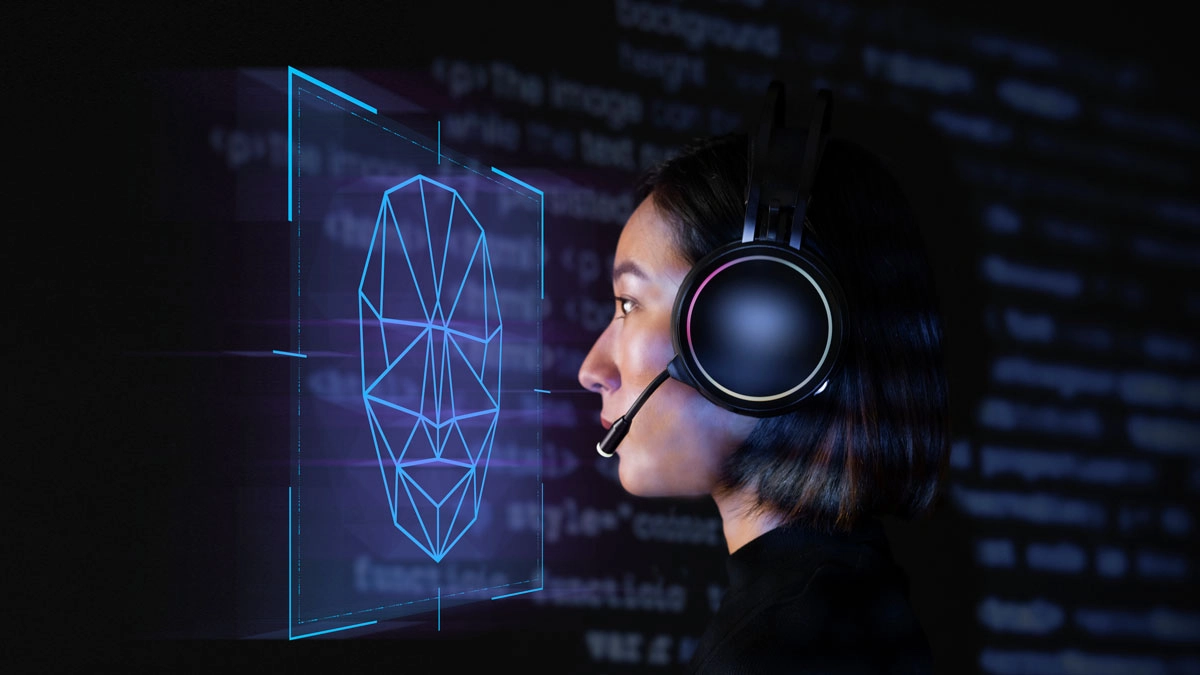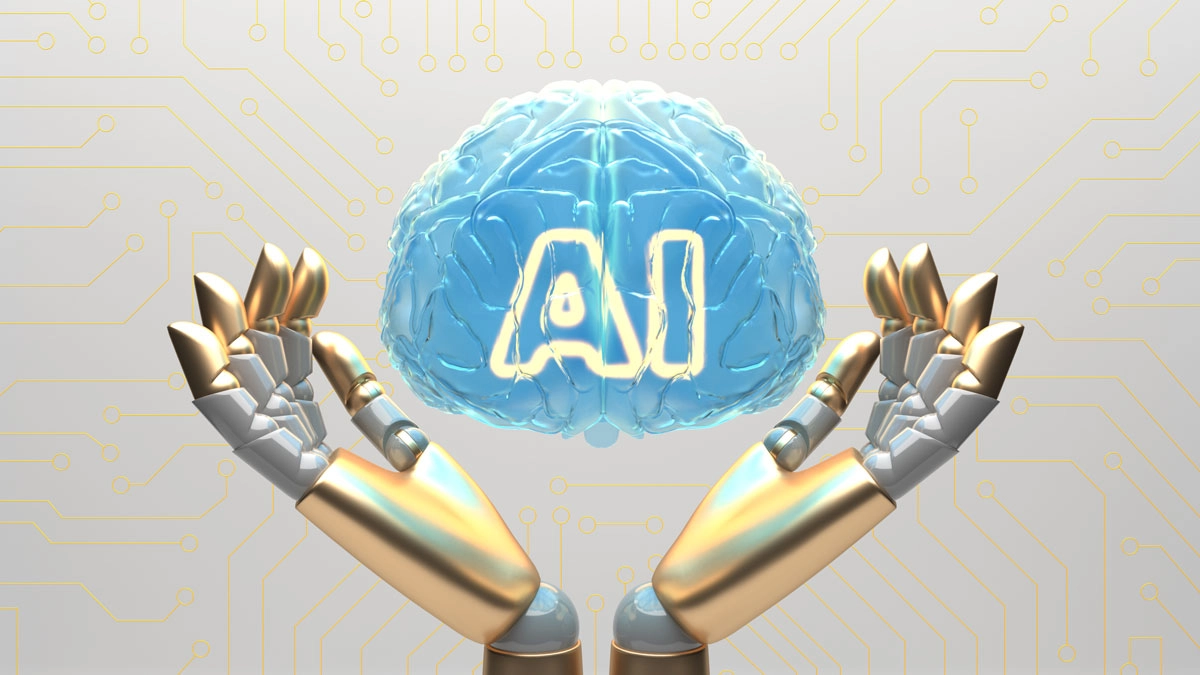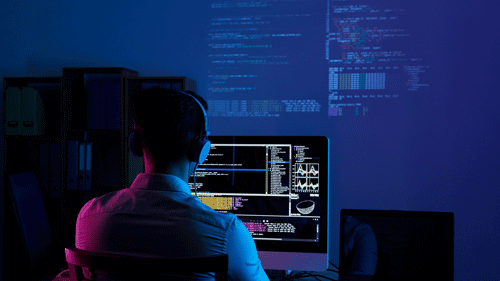With the growth of technology, AI and cybersecurity have engendered questions about threats that may come from the use of artificial intelligence. In trying to get into details on this complex dance, we must analyze and determine whether AI threatens cybersecurity or functions as a beneficial ally.
The Dual Nature of AI in Cybersecurity
AI is an intelligent technology that can analyze large datasets, detect patterns, and automate complex workflows, which helps in transforming the cybersecurity landscape. However, the disruptive force of this capability prompts concerns regarding whether AI may unwittingly become a threat that cybercriminals could weaponize for nefarious ends.
Recent statistics reveal a compelling narrative: Though roughly two-thirds of cybersecurity professionals feel AI is necessary for supporting their efforts in cyber protection, more than half report concern that adversaries will abuse AI to perpetrate even greater attacks. This polarity highlights the importance of a subtle understanding of how AI helps support and circumvent passive to active cybersecurity defenses.
AI as a Cybersecurity Ally
Given its ability to strengthen threat detection and response measures, it is easy to see AI's role as an ally in cybersecurity. Using machine learning algorithms, malicious patterns could be detected quickly, allowing for a quick response to potential cyber threats. AI is characterized by automation, improving routine security chores' efficiency and leaving cybersecurity professionals free to deal with complex problems.
Moreover, AI-based technologies such as predictive analytics allow organizations to forecast and proactively respond before they occur vulnerabilities. Being forward-looking, AI in cybersecurity becomes an indispensable asset to stay ahead of the ever-changing threat environment.
The Human Element in AI-Powered Cybersecurity
While AI technology is compelling, human expertise remains an irreplaceable part of cybersecurity. AI systems need human supervision since cyber threats are escalating, and making subtle decisions requires a person’s touch. Despite AI’s ability to analyze data and detect trends, there is a need for human analysis of context that ultimately determines future choices.
In fact, the combination of AI and human intelligence provides a dynamic defense against cyber threats. This partnership utilizes AI’s speed, precision, human intuition, and flexibility to create an effective cybersecurity system.
Container Security: A Critical Element in the Cybersecurity Equation
With containerization becoming more popular as a mode of application deployment, containers are becoming essential in the wider cyber security domain. Containers, self-contained environments in which application code and dependencies are encapsulated, present novel security challenges that innovative solutions must confront.
Various researchers assert that 60% of organizations have faced a security incident over the past year caused by insecure container configurations. This number emphasizes the need for strong container security measures. The role of AI in enhancing container security is central as it assists by analyzing huge datasets and spotting trends.
With advanced AI-powered container security solutions, organizations can identify and avoid vulnerabilities as they occur. These solutions can automatically monitor containerized environments, detect possible threats, and apply security policies. Using AI in conjunction with container security improves threat detection and simplifies incident response, allowing for timely and efficient mitigation against new risks.
Navigating the Future of AI and Cybersecurity
Whether AI is dangerous to cybersecurity becomes challenging and multidimensional in the technological labyrinth. However, a precarious balance shows AI’s weaknesses alongside its critical role in strengthening digital defenses.
With the continued evolution of cybersecurity, AI is emerging as an essential yet human-centric feature that requires a comprehensive response involving professional input and advanced technologies such as AI container security. The AI and human intelligence alliance build resilient defenses against the continually changing threat landscape.
In this reciprocal relationship, therefore, organizations need to see AI as a firm friend who helps strengthen the cybersecurity defenses with constant vigilance of possible hazards. This will enable us to use the transformative nature of AI without risking our cloud castles.





3 Comments
I like how this blog emphasizes the importance of human expertise in AI-powered cybersecurity. It’s all about finding the right balance.
Excellent viewpoint on AI's dual function in cybersecurity! It's amazing how AI can both safeguard and endanger digital security when used improperly.
I appreciate the balanced view here. AI as both a tool and a risk in cybersecurity is a discussion we need to keep having as the technology evolves.